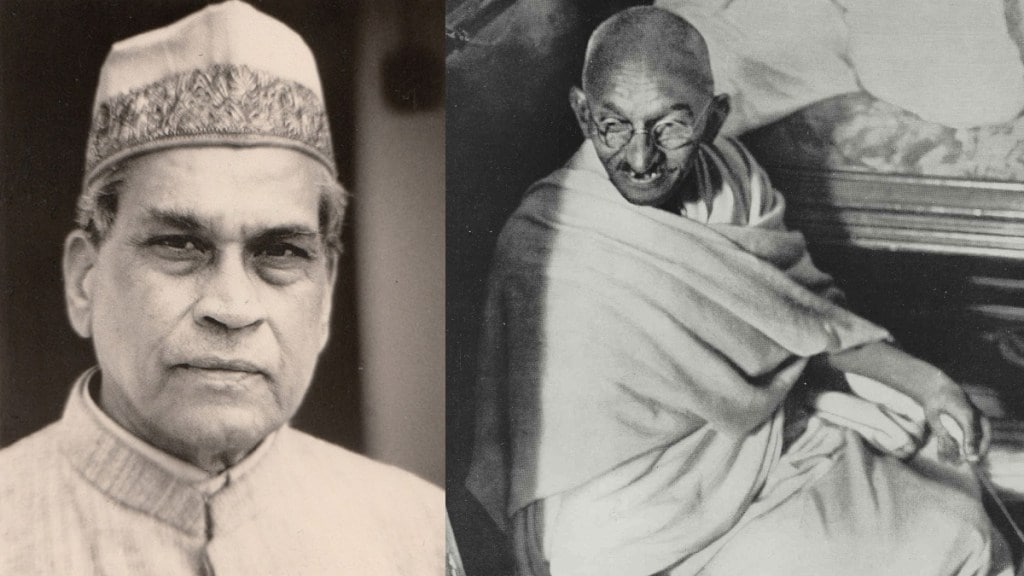A quiet but powerful piece of history resurfaced this week, thanks to a tweet by Congress leader Jairam Ramesh. In a post that has sparked intrigue across continents, Ramesh revealed the remarkable legacy of VA Sundaram, the paternal grandfather of Anita Anand, Canada’s newly appointed Foreign Minister.
While Anand is making headlines in global politics today, her roots trace back to a man who once walked shoulder to shoulder with Mahatma Gandhi and bridged conversations with Albert Einstein.
The paternal grandfather of Anita Anand, who has just been appointed Canada's Foreign Minister, was V. A. Sundaram.
Sundaram was a close associate of Mahatma Gandhi since 1915. In 1931, in the run up to the Second Round Table Conference during Sept- Dec 1931 in London that he… pic.twitter.com/RwhcmBSsno
— Jairam Ramesh (@Jairam_Ramesh) May 16, 2025
Sundaram, a little-known but deeply influential figure in India’s freedom struggle, had been closely associated with Gandhi since 1915. He was entrusted with a vital task in 1931—travel to Europe ahead of Gandhi’s participation in the Second Round Table Conference in London to build international awareness about India’s push for independence.
It was during this mission that Sundaram reached Potsdam, near Berlin, and met none other than physicist Albert Einstein. This chance meeting led to an extraordinary exchange of letters between two of the 20th century’s most revered minds—Einstein and Gandhi.
In his letter dated September 27, 1931, Einstein expressed his deep admiration for Gandhi’s philosophy of non-violence:
“Respected Mr. Gandhi, I use the presence of your friend in our home to send you these lines. You have shown through your works that it is possible to succeed without violence even with those who have not discarded the method of violence. We may hope that your example will spread beyond the borders of your country, and will help to establish an international authority, respected by all, that will take decisions and replace war conflicts. With sincere admiration, Yours, A. Einstein. I hope that I will be able to meet you face to face some day.”
Gandhi, then in London, responded with equal warmth:
Dear friend, I was delighted to have your beautiful letter sent through Sundaram. It is a great consolation to me that the work I am doing finds favour in your sight. I do indeed wish that we could meet face to face and that too in India at my Ashram. Yours sincerely, M.K Gandhi.”
These letters, rich in both sentiment and historical significance, were shared by Ramesh on his X handle, now making the rounds on social media and sparking renewed interest in the unsung diplomats of India’s freedom movement.
Sundaram’s contributions went beyond political activism. He was closely associated with Madan Mohan Malaviya and played a key role in the development of Banaras Hindu University, one of India’s most prestigious institutions.
Today, as Anita Anand steps into one of Canada’s top cabinet roles, this legacy casts a long and luminous shadow. Her grandfather’s quiet diplomacy helped sow the seeds of global understanding nearly a century ago—between a Mahatma and a scientist. Now, in her own way, Anand carries forward that same spirit of bridge-building on the world stage.

